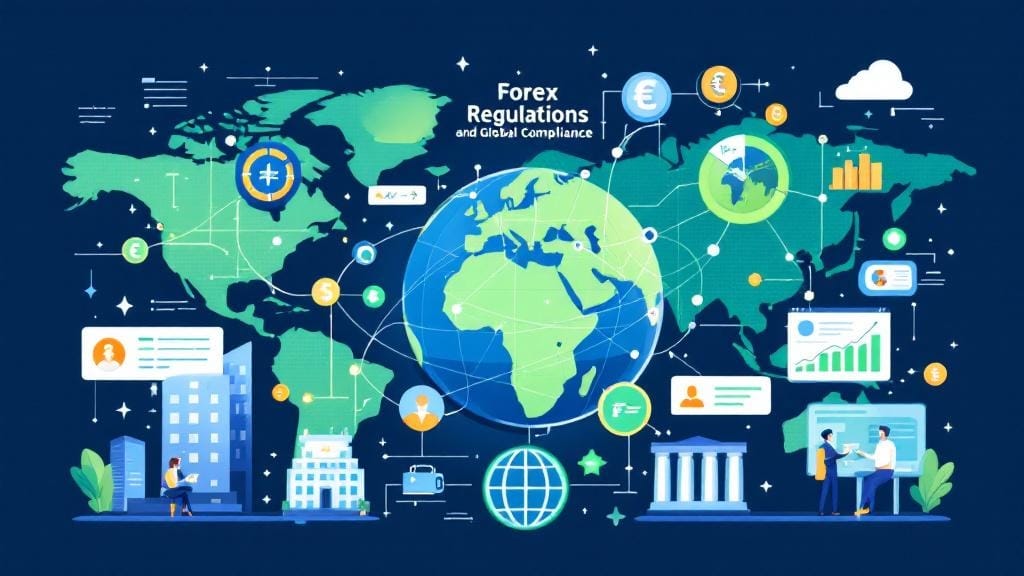Managing credit card debt can feel overwhelming. But with the right strategies, you can eliminate your balance faster and reduce the stress associated with owing money. If you’re looking for credit card debt help, this guide offers practical, actionable tips to guide you toward financial freedom. Whether you’re struggling with high-interest rates, minimum payments, or simply not knowing where to begin, we’ve got you covered.
In this article, we will walk you through credit card debt relief options, provide tips on how to get out of credit card debt, and offer helpful advice on budgeting, financial counseling, and more.
Let’s dive into the best solutions for credit card debt assistance and how to take the first steps toward reclaiming your financial well-being.
Table of Contents
-
Why Credit Card Debt is So Hard to Manage
-
Steps to Start Eliminating Credit Card Debt
-
Create a Budget and Track Your Spending
-
Focus on High-Interest Debt First
-
Consider Debt Consolidation or Settlement
-
-
Effective Credit Card Debt Solutions
-
Credit Card Debt Counseling
-
Professional Debt Help: What to Expect
-
-
Long-Term Strategies to Stay Debt-Free
-
Avoid the Minimum Payment Trap
-
Build an Emergency Fund
-
-
Frequently Asked Questions
Why Credit Card Debt is So Hard to Manage
Credit card debt can quickly spiral out of control due to high-interest rates, late fees, and the ease of using credit without thinking twice. The minimum payment trap is a big part of the problem—making only the minimum payment can lead to years of paying off interest without making a significant dent in the principal balance.
In fact, according to a recent study, the average credit card interest rate in the U.S. is over 20%. If you’re only paying the minimum, you’re likely barely covering the interest, making it harder to reduce your balance.
Understanding how your credit card debt is growing and how interest is applied is essential when seeking credit card debt help. Let’s look at some practical steps to eliminate that debt quickly.
Steps to Start Eliminating Credit Card Debt
1. Create a Budget and Track Your Spending
The first step in reducing credit card debt is understanding where your money is going. Creating a detailed budget allows you to track your spending and identify areas where you can cut back.
-
Track all monthly expenses: Include everything from bills to discretionary spending like dining out.
-
Identify areas to cut back: Look for subscriptions or lifestyle expenses that aren’t essential and could be reduced or eliminated temporarily.
-
Set a savings goal: Use any money you free up to pay off your credit card balance faster.
By gaining control over your finances, you’ll be better prepared to manage your credit card debt and make more informed decisions about how to eliminate it.
2. Focus on High-Interest Debt First
One of the most effective strategies for eliminating credit card debt is to prioritize paying off the debt with the highest interest rate. This is often referred to as the debt avalanche method.
-
List your debts by interest rate: Start with the card that has the highest APR.
-
Pay extra towards the high-interest debt: Once the highest-interest card is paid off, move on to the next one, and so on.
-
Pay the minimum on other cards: Continue to make at least the minimum payments on other cards to avoid late fees.
This strategy helps you save money on interest over time and allows you to pay off your debt faster.
3. Consider Debt Consolidation or Settlement
If you’re feeling overwhelmed, debt consolidation could be a great solution. By combining all your high-interest debts into one manageable loan, you can reduce your interest rate and make a single payment each month.
-
Debt consolidation: This involves taking out a loan to pay off multiple credit card balances. This can either be through a balance transfer card or a personal loan.
-
Debt settlement: If you’re significantly behind on payments, a debt settlement company may help you negotiate a reduced balance with your creditors. However, this can negatively impact your credit score, so it should be considered as a last resort.
These options may offer credit card debt relief by simplifying your payments and potentially lowering your interest rates.
Effective Credit Card Debt Solutions
Credit Card Debt Counseling
Sometimes, credit card debt counseling is the best option for those who are struggling with credit card debt but want to avoid bankruptcy. Counselors can work with you to create a debt management plan (DMP) that consolidates your debts and helps you pay them off over time.
-
Financial experts can help you create a repayment plan.
-
Lower interest rates: Many counselors can negotiate with your creditors to lower interest rates, making it easier to pay off your debt.
-
Credit card debt support: This provides accountability and peace of mind during the debt repayment process.
It’s essential to choose a reputable credit card debt counseling service. Be sure to check if they’re accredited by agencies like the National Foundation for Credit Counseling (NFCC).
Professional Credit Card Debt Help
Sometimes, self-managing debt can be overwhelming. If you’ve tried other strategies and still need help, you might consider seeking professional credit card debt help.
-
Credit counselors: These are professionals who can help you create a personalized repayment plan and offer guidance on managing your finances.
-
Debt management programs (DMP): A formalized plan that a counselor helps you set up to pay off your credit card debt over time, often with reduced interest rates.
Working with a professional can be a game-changer, especially if your debts are high and you’re not sure where to begin.
Long-Term Strategies to Stay Debt-Free
Once you’ve eliminated your credit card debt, it’s essential to build habits that will help you stay debt-free. Here are some long-term strategies for success.
1. Avoid the Minimum Payment Trap
Paying only the minimum payment on your credit card may seem tempting, but it can cost you a lot more in interest over time. To avoid this:
-
Pay more than the minimum: Even small additional payments can make a significant difference.
-
Look for 0% APR offers: If you have good credit, consider transferring your balance to a card with a 0% introductory APR for a certain period.
Avoiding the minimum payment trap can help you pay off your debt faster and save you money in the long run.
2. Build an Emergency Fund
One of the best ways to avoid falling into credit card debt again is to have an emergency fund. An emergency fund is money set aside for unexpected expenses, such as medical bills or car repairs. By having this cushion, you won’t be forced to rely on credit cards in a pinch.
-
Aim for 3-6 months of expenses: This provides a safety net and helps you avoid further debt.
Frequently Asked Questions
1. How can I get out of credit card debt fast?
Start by creating a budget, prioritizing high-interest debt, and considering options like debt consolidation or debt settlement. You can also work with a credit card debt counselor to create a manageable plan.
2. Can credit card debt relief impact my credit score?
Yes, some solutions, like debt settlement or a Debt Management Plan (DMP), can impact your credit score, but the long-term benefits of becoming debt-free usually outweigh the temporary dip in your score.
3. Is credit card counseling worth it?
For many people, credit card debt counseling is a great way to get professional advice, lower interest rates, and create a realistic repayment plan. However, make sure you choose a reputable organization.
4. Can I reduce my credit card debt without professional help?
Yes, by following strategies like budgeting, paying off high-interest debt first, and consolidating debts, you can reduce your credit card debt without professional assistance. However, professional help may be needed if the debt is overwhelming.
5. What is debt consolidation?
Debt consolidation involves combining multiple credit card balances into a single loan with a lower interest rate, making your monthly payments more manageable.
6. How does credit card debt impact my credit score?
High credit card debt can negatively affect your credit score by increasing your credit utilization ratio. Paying off your balance and lowering your credit utilization will help improve your score.
7. What are some debt management tips for beginners?
Start by setting a realistic budget, paying more than the minimum on your credit cards, and looking for ways to reduce expenses. Consider options like debt counseling for additional help if necessary.
Conclusion
Eliminating credit card debt can be a challenging journey, but with the right credit card debt help, it’s completely possible. Whether you choose to tackle your debt on your own, work with a professional credit card debt counselor, or explore options like debt consolidation, the most important thing is to take that first step.
By following the tips outlined in this guide and sticking to your plan, you can free yourself from credit card debt and start building a solid financial future.








Comments (0)